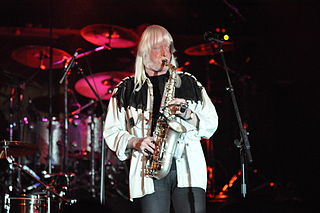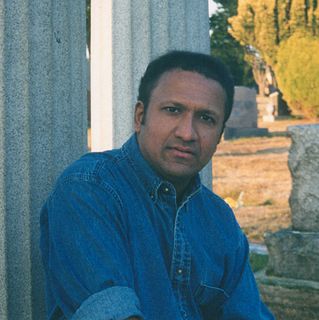A Quote by H. L. Mencken
All great religions, in order to escape absurdity, have to admit a dilution of agnosticism. It is only the savage, whether of the African bush or the American gospel tent, who pretends to know the will and intent of God exactly and completely.
Related Quotes
I don't know whether God exists or not. ... Some forms of atheism are arrogant and ignorant and should be rejected, but agnosticism—to admit that we don't know and to search—is all right. ... When I look at what I call the gift of life, I feel a gratitude which is in tune with some religious ideas of God. However, the moment I even speak of it, I am embarrassed that I may do something wrong to God in talking about God.
This deep agnosticism is more than the refusal of conventional agnosticism to take a stand on whether God exists or whether the mind survives bodily death. It is the willingness to embrace the fundamental bewilderment of a finite, fallible creature as the basis for leading a life that no longer clings to the superficial consolations of certainty.
If we pray for anything according to the will of God, we already have what we pray for the moment we ask it. We do not know exactly when it will arrive; but we have learned to know God through the Spirit of God, and have learned to leave this in His hands, and to live just as happily whether the answer arrives immediately or later.
All religions are not the same. All religions do not point to God. All religions do not say that all religions are the same. At the heart of every religion is an uncompromising commitment to a particular way of defining who God is or is not and accordingly, of defining life's purpose.
Anyone who claims that all religions are the same betrays not only an ignorance of all religions but also a caricatured view of even the best-known ones. Every religion at its core is exclusive.
I am not sure one is capable of reflecting absurdity without having a strong sense of meaning. Absurdity makes sense only against a meaningful background. It is the deeper meaning that is shedding light on the absurdity. There must be a vanish point, a metaphysical horizon if you will where absurdity and meaning merge.





































